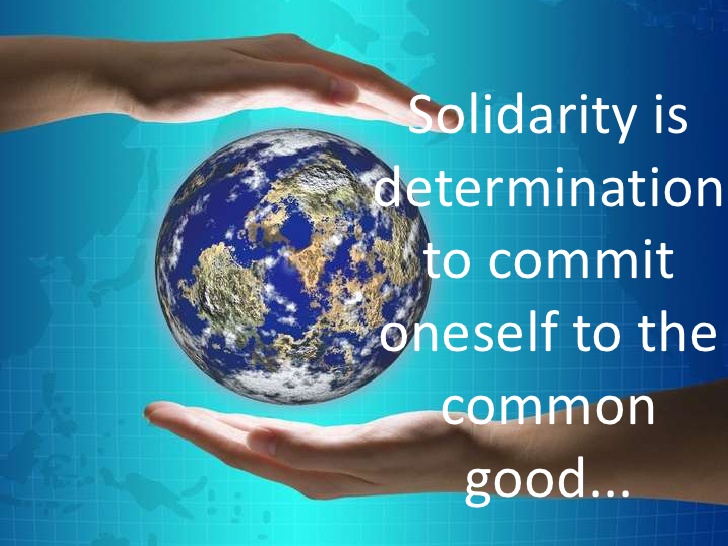It's difficult to see the whole picture of any single issue that we face and Japan and Korea's relationship is one of these; the reasons are many. As is well known Korea and Japan have had a complicated history. They were at war off and on for hundreds of years.
In 1910 Japan annexed Korea making it their colony. In the late 1930s, it mobilized for war and forced Koreans to work in factories, enlist as soldiers, and sent many women from Korea to work in brothels to service Japanese soldiers, these victims became known as comfort women. In an article for a priest bulletin, a writer expresses the feelings of many on the situation between the two countries and what he sees as the right-wing in Japan.
At the center is South Korea's demands that Japan pays what they consider to be appropriate reparations for atrocities committed during the Japanese occupation of the Korean peninsula from 1910 to 1945, particularly the use of forced labor.
But Japan considers the issue to be settled since they gave Korea at the time of President Park Chung-hee hundreds of millions of dollars in loans and grants; Japan considers this to have settled the matter.
Japan is the country that modernized our country. Japan is an important country for Korean security. It is also important economically. We are grateful to Japan for giving Korea money. We need to emulate Japan. Why are you fighting against Japan and criticizing the Japanese administration? This is not what pro-Japanese seniors say, but young people in their 20s and the writer finds this shocking. Of course, not all of their words are wrong, he admits.
He wants to analyze whether Japan contributed to our modernization. Elementary school children also know that the various facilities installed by Japan were not for the development of Korea, but for the use of Korea as a base for entering China. Far from modernization, the Japanese right-wing is afraid of our development and just wants Korea to remain a subcontractor.
Also, Japanese rightists want to use our country. This is because the South will serve as a defense against the communist state only when the division continues.
The Japanese right-wing has a deep unconscious fear that the two Koreas may reunite and retaliate for the harm done during the colonial period. Therefore, they instill a sense of inferiority in our people. In particular, brainwashing with words that hurt Korean national self-esteem.
To host the Tokyo Olympics, the government is pressing residents to return to Fukushima, which is still polluted. Nevertheless, the majority of the people suffer from the tyranny of the right-wing government because they do not have a sense of social consciousness or history. Moreover, it is said that the phenomenon of hiding Japan's unique inner thoughts is making psychological problems worse.
I think it is the job of our young people to help Japanese citizens break away from their feudal past and make Japan a democratic society. The young people of Korea should be wary of the vague envy, admiration, and glorification of Japan's colonial era as it sympathizes with the Japanese right.




